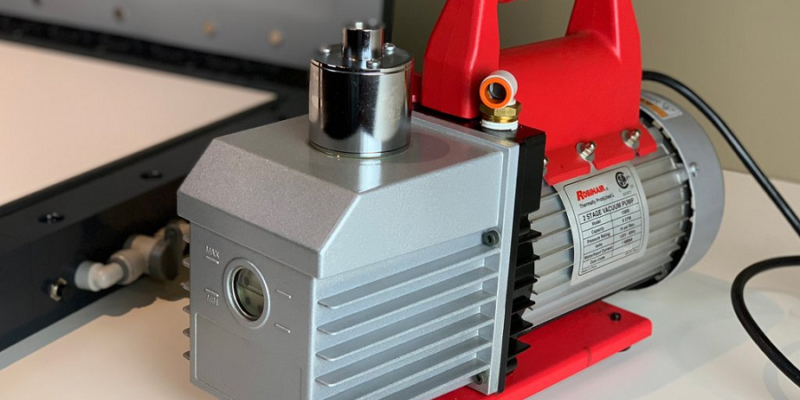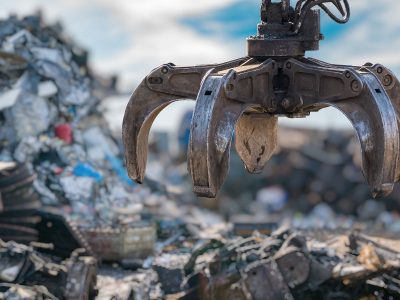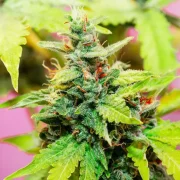Lab ovens come in various shapes and sizes. With so many options available in the market, it can be difficult to choose one. It can also become confusing to decide which one is better in which aspects. Lab ovens come in various sizes. Too large a size can result in energy waste and increase costs, while too small a size can result in poor performance.
You should consider various factors before selecting the size of the chamber, such as the type of oven you choose, processing requirements, application, load size, and interior construction. LeDab vacuum ovens are one of the best in the market.
Expert tips for selecting a vacuum oven
- Size and volume.
Choosing the size and volume of your lab oven is often difficult because of so many options available. Determine the size and the amount of product used in your processing and look for a lab oven with the appropriate interior space. It can be tempting to choose a larger size, but it will consume more energy and take more time to reach the target temperature. Moreover, it will take up more space. Therefore, choosing a size just enough for your application is recommended.
- The type of application.
Lab ovens are available for various types of applications, and you must determine the best oven for your specific needs before you pick one. Here are some types of lab ovens:
- Mechanical convection drying oven
- Gravity convection drying oven
- Vacuum oven
- Botanical vacuum oven
Each of these has different functions and is suitable for different applications. Consult with an expert before making a purchase.
- Temperature requirements.
The temperature at which a lab oven operates can range from ambient to 200 or 300-degree celsius. Regarding temperature, you should consider the application’s materials, the amount of product heating, and the desired heating levels. Buying an oven that reaches your target temperature within the least amount of time and consumes the minimum amount of energy is recommended.
- Optimal thermal insulations.
Lab ovens are often required to run for long hours every day and can consume a lot of energy. Select an oven with optimal thermal insulators to lower thermal transfer rates. This will prevent the energy to not leak from the oven and, thus, consume less energy and save electricity costs. Insulation of the oven’s doors and walls is important for minimizing costs.
Buying a standard oven is more cost-effective than a customer-engineered one. However, you can always modify the custom one according to your needs.













Comments